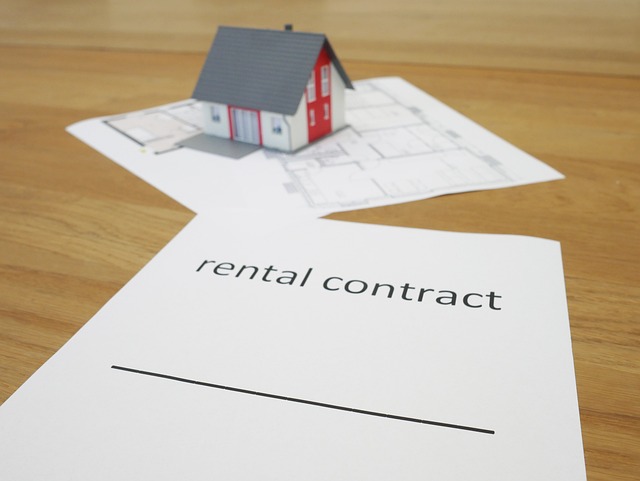Navigating the Rental Market: A Comprehensive Guide to Apartments for Rent
Finding the perfect apartment to rent can be an exciting yet challenging process. Whether you're a first-time renter or looking to upgrade your living space, understanding the ins and outs of the rental market is crucial. This guide will walk you through everything you need to know about apartments for rent, from the search process to signing your lease.

How can you find available apartments in your area?
There are numerous ways to discover apartments for rent in your desired location. Online rental platforms like Zillow, Apartments.com, and Trulia offer extensive listings with detailed information and photos. Real estate websites often include rental properties alongside homes for sale. Don’t overlook social media platforms, where landlords and property management companies frequently post available units. Local newspapers and community boards can also be valuable resources, especially for smaller, independently-owned properties.
What documents do you need to apply for an apartment?
Most landlords and property management companies require specific documentation to process your rental application. Typically, you’ll need to provide proof of income, such as recent pay stubs or tax returns, to demonstrate your ability to afford the rent. A copy of your government-issued ID, such as a driver’s license or passport, is usually required. Many landlords also request references from previous landlords or employers. Be prepared to undergo a credit check and background screening as part of the application process.
How much does it cost to rent an apartment?
The cost of renting an apartment varies widely depending on factors such as location, size, amenities, and local market conditions. In addition to monthly rent, you’ll need to budget for utilities, which may or may not be included in the rental price. Many landlords require a security deposit, typically equal to one month’s rent, to cover potential damages. Some properties may also charge application fees, pet deposits, or parking fees.
| Expense Type | Typical Cost Range | Notes |
|---|---|---|
| Monthly Rent | $800 - $3,000+ | Varies by location and apartment size |
| Security Deposit | One month’s rent | Often refundable upon move-out |
| Application Fee | $25 - $100 | Non-refundable |
| Utilities | $100 - $300+ per month | May include electricity, gas, water, internet |
| Parking | $0 - $300+ per month | Depends on location and availability |
| Pet Deposit/Fee | $200 - $500 | Often required for pet-friendly apartments |
Prices, rates, or cost estimates mentioned in this article are based on the latest available information but may change over time. Independent research is advised before making financial decisions.
What should you look for during an apartment viewing?
When visiting potential apartments, it’s crucial to thoroughly inspect the space. Check for signs of damage or disrepair, such as water stains, cracks in walls, or malfunctioning appliances. Test all faucets, light switches, and locks to ensure they work properly. Pay attention to the overall cleanliness and maintenance of both the unit and common areas. Don’t hesitate to ask questions about the property’s policies, including maintenance procedures, guest policies, and quiet hours.
What are the key points to understand in a lease agreement?
Before signing a lease, carefully review all terms and conditions. Pay close attention to the lease duration, rent amount, and due date. Understand the policies regarding rent increases, subletting, and early termination. Take note of any restrictions on decorating or making alterations to the apartment. Clarify responsibilities for maintenance and repairs, as well as any included utilities or services. If anything in the lease is unclear, don’t hesitate to ask for clarification or seek legal advice before signing.
As you navigate the rental market, remember that finding the right apartment is a balance between your needs, wants, and budget. Take your time to explore various options, ask questions, and thoroughly review all documents before making a commitment. With careful consideration and preparation, you’ll be well-equipped to find an apartment that feels like home.





